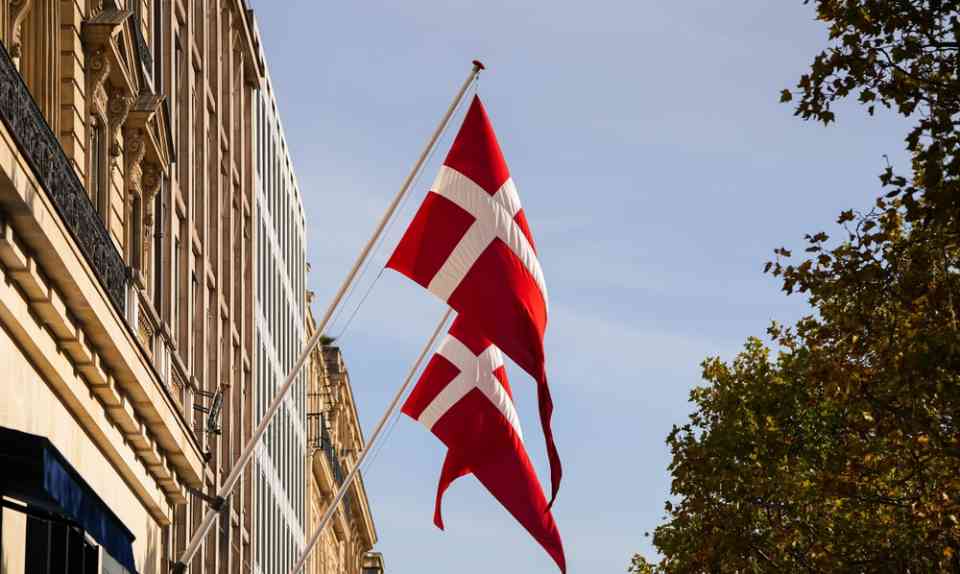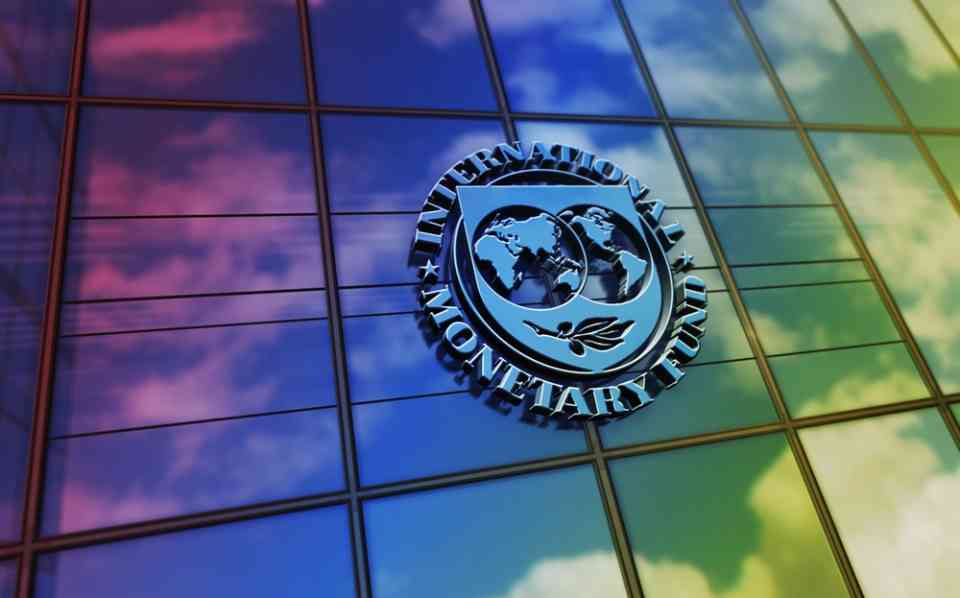A company owned by Anders Holch Povlsen, one of Scotland’s wealthiest landowners, has acquired the historic Dores Inn, a well-known pub situated on the shores of Loch Ness in the village of Dores, approximately 10 miles south of Inverness. WildLand, Povlsen’s conservation and hospitality enterprise, confirmed that the pub would be closed for about two years for significant restoration work, with a planned reopening in 2026 or 2027.
WildLand already holds ownership of the nearby Aldourie Castle, a 300-year-old estate with extensive grounds and woodland. Povlsen, a Danish billionaire with a retail fortune valued at over £6 billion, owns hundreds of thousands of acres across regions like Sutherland, Lochaber, and the Cairngorms, where his company is actively involved in environmental initiatives, including a beaver reintroduction project.
The Dores Inn, a well-loved landmark on the Loch Ness shoreline, has a storied history, including a visit from Queen Elizabeth and Prince Philip in 1967. Over the years, it has been owned by various community members, notably Ella Macrae, a respected local figure. WildLand has outlined its intention to carefully restore the inn and its surrounding grounds to preserve its historic significance and appeal.
Tim Kirkwood, WildLand’s Chief Executive, shared that the decision to acquire the Dores Inn was driven by the opportunity to enhance its long-term sustainability through thoughtful investment. He explained that WildLand’s approach would align with the community’s needs while preserving the character of this iconic site. Kirkwood also highlighted the company’s commitment to a substantial investment program and indicated that they would involve the village in the planning process once assessments were completed.
In a further statement, WildLand acknowledged local concerns around issues like parking, public facilities, and access to a nearby beach. The company assured that it would work closely with the community to address these matters, particularly as Dores attracts numerous visitors from Inverness and beyond, leading to increased congestion during peak tourist seasons.
Have you read?
Countries: Powerful Passports.
Countries: Richest.
Countries: Poorest.
Countries: Happiest.
Countries: Life Expectancy.
Add CEOWORLD magazine to your Google News feed.
Follow CEOWORLD magazine headlines on: Google News, LinkedIn, Twitter, and Facebook.
Copyright 2024 The CEOWORLD magazine. All rights reserved. This material (and any extract from it) must not be copied, redistributed or placed on any website, without CEOWORLD magazine’ prior written consent. For media queries, please contact: info@ceoworld.biz
CEOWORLD magazine – Latest – Money and Wealth –







